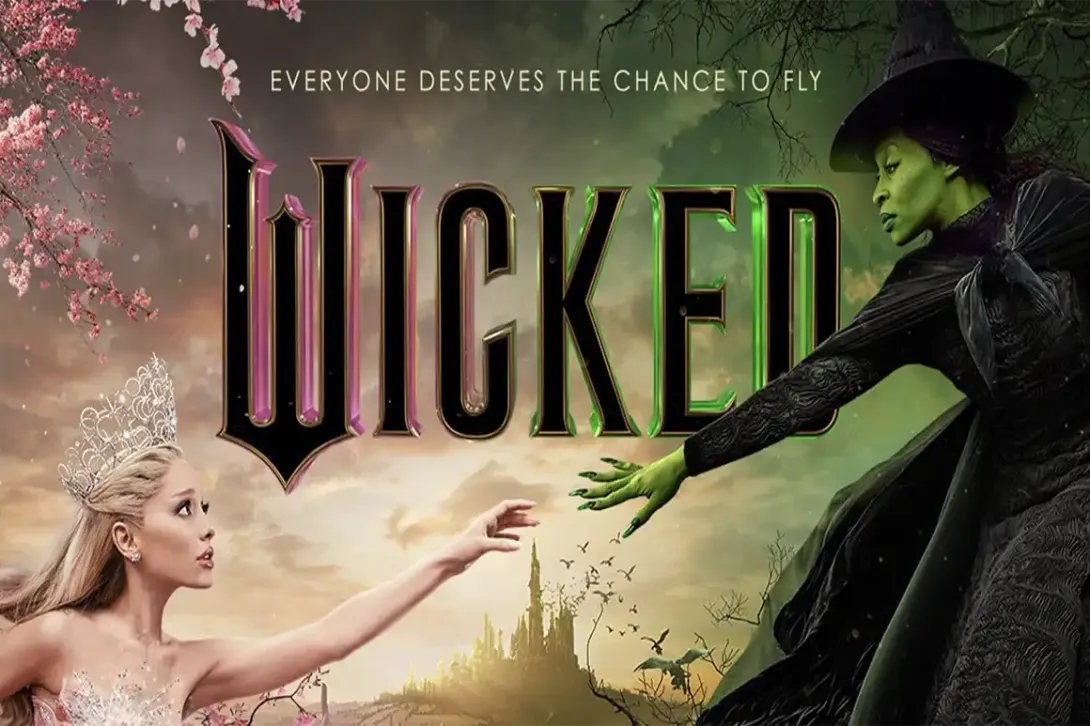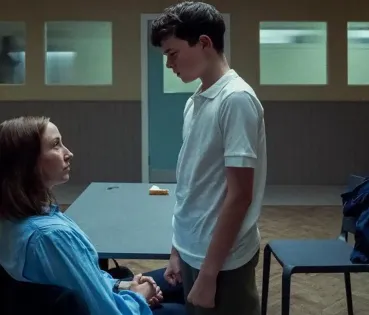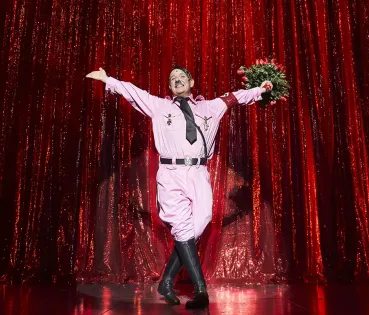
The second part of 'Wicked' hits cinemas
. Inspired by Gregory Maguire's alternative take on 'The Wizard of Oz', 'Wicked' presents a tale of empathy and transformation that resonates beyond the stage.
The story of Wicked had its earliest roots in Gregory Maguire's novel of the same title, published in 1995. Maguire dared to look behind the curtain of Oz and ask: What would life be like for someone the world has always referred to as wicked? Thus, the Wicked Witch of the West ceased to be just an icon of fear and became a complex figure, with dreams, contradictions and wounds, both victim and leader in a society torn between power and exclusion. In this way, the novel led us to reflect on how people judge good and evil, and how official narratives often silence some voices and nuances.
From book to musical: the birth of a new perspective
With this premise, the theatrical adaptation debuted on Broadway in 2003, bringing Maguire's vision to a vibrant and emotionally engaging stage production. Stephen Schwartz composed a powerful, nuanced score, and Winnie Holzman created a libretto that explores friendship, difference and dignity. The musical quickly reached thousands of spectators, who found songs such as Defying Gravity and For Good to be anthems of resilience and hope. Wicked thus became a refuge and a mirror for all those who have ever felt misunderstood or judged.
Over the years, more than 60 million people have witnessed the journey of Elphaba and Glinda in productions that have toured cities around the world. The play has not only left an indelible mark on the history of contemporary theatre, but has also opened up discussions about empathy, justice and the importance of looking beyond appearances. Wicked proves that sometimes the true power of magic lies in the ability to imagine alternative endings and rediscover the human side of those we thought we knew well.
Moreover, the cultural phenomenon of Wicked has extended beyond the stage. The play has not only redefined the legacy of The Wizard of Oz, but has also generated debates about female representation, empathy for the marginalised and the struggle against power structures. Its success lies in its ability to thrill and at the same time challenge established narratives.
For all these reasons, Wicked is not just a show, but a symbol of how popular culture can reinterpret classics and confer them with unexpected timeliness. Its journey from the pages of Maguire to the stage and finally to the big screen proves that the magic of Oz still has a lot to offer.
Cultural impact and film adaptation
In 2024, the long-awaited film version directed by Jon M. Chu opened a new chapter in the history of the musical. Split into two parts to delve deeper into character development and the complexities of Oz, the first instalment won over critics and audiences alike. Cynthia Erivo shone in her portrayal of Elphaba, giving the character a strength and vulnerability that thrilled even those who already knew the story well. Ariana Grande, as Glinda, brought a freshness and warmth that added new layers to the core relationship of the story. The film's nominations at the 96th Oscars were proof of its success with audiences, critics and the Academy.
But beyond all the awards and commercial success, Wicked has triggered conversations about the importance of empathy in the face of otherness, about defending personal dreams and the power to change one's own destiny. Fan communities, educational workshops and new stagings in countries on every continent prove that this story is still alive and evolving.
Today, Wicked not only remains relevant, but continues to transform the way people of all ages and backgrounds understand the magic of looking beyond appearances. The magic of Oz, reinvented through the eyes of Gregory Maguire, Stephen Schwartz and those who have brought this story to the world, continues to celebrate diversity, friendship and the value of being authentic.




